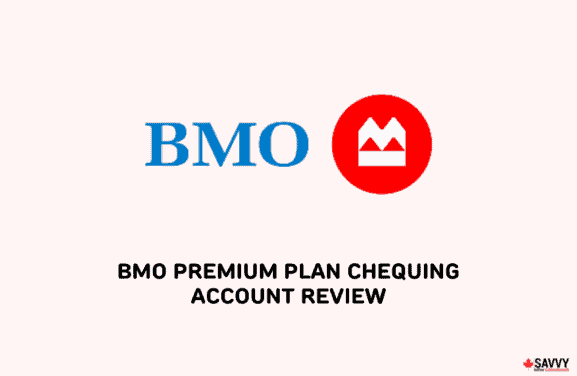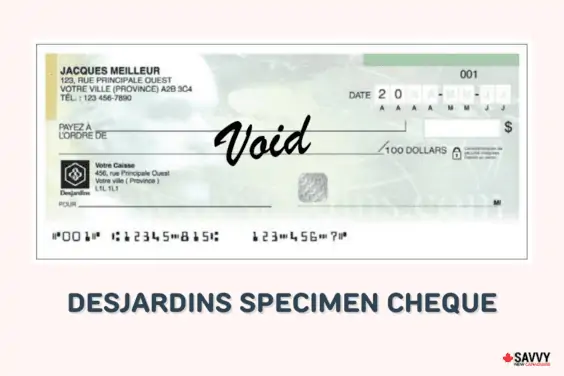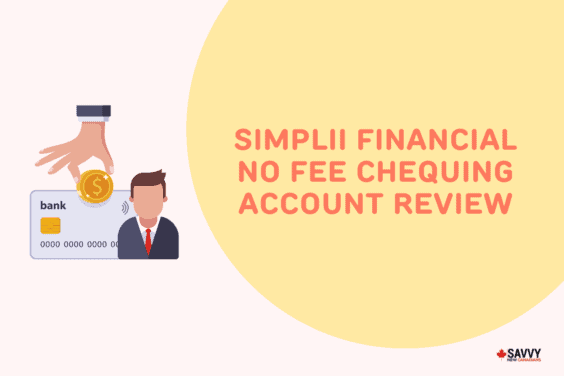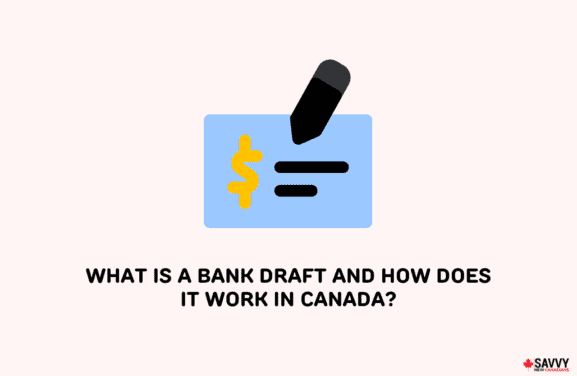CBDCs or Central Bank Digital Currencies are digital versions of domestic currencies issued by the country’s Central Bank. While there is no CBDC for the Canadian Dollar yet in Canada, the Bank of Canada is exploring the possibility of one in the future.
If implemented, the Canadian dollar CBDC would function just as our loonie does today. It would be tied to the value of the Canadian dollar and be available for Canadians to use as a way of facilitating transactions in a digital space.
If you have been curious about the possibility of a Canadian CBDC being issued, this article will discuss the benefits and risks of these new forms of digital currency.
What is the Central Bank Digital Currency?
The Central Bank Digital Currency is a digital form of a country’s fiat currency, in our case, the Canadian dollar. Any Canadian CBDC would be fully regulated and backed by the Bank of Canada.
As mentioned, the value of the CBDC would forever be tied to the value of the Canadian dollar, which means there is no more risk of lost value when using a CBDC than there is with traditional currencies.
As more commerce and financial transactions take place online, CBDCs are becoming more widely adopted around the world. Not only do CBDCs allow financial inclusion for those who are unbanked, but it also adds another layer of security for online transactions.
How Would the CBDC Work?
The CBDC in Canada would be interchangeable with the loonie, except, of course, it needs to be used in a digital setting.
CBDCs will not eliminate cash but rather provide an alternative way to safely and legitimately send and spend Canadian dollars. They can operate on a secure blockchain network, similar to cryptocurrencies like Bitcoin.
Why is blockchain technology more secure? The reason lies in the ledger, which is the blockchain’s way of recording every transaction and identifying the parties involved. Many Central Banks believe this can greatly reduce the frequency of fraud and cybersecurity risks.
To use a CBDC, you will need to install a digital wallet on a device like a mobile phone. From there, you would be able to use it to pay for goods and services exactly as you would with cash or any other form of payment.
Related: Hardware & Software Crypto Wallets in Canada
How Would the CBDC Be Regulated?
In Canada, the CBDC would be regulated and backed by the Bank of Canada. This is one part of the CBDC discussion that some people are concerned about. The Central Bank and the government can effectively track your transactions through the use of CBDCs.
Being backed by a Central Bank doesn’t mean the CBDC will be used to spy on you. In actuality, being regulated by the Bank of Canada just means that the Canadian CBDC will never un-peg from the value of the Canadian dollar.
When is the Digital Currency Coming to Canada?
As of October 2023, there are still no concrete dates for the Bank of Canada to issue a CBDC. In fact, the latest from the Central Bank is that Canada currently has no need for a CBDC right now.
The Bank of Canada is beginning to plan for the potential need for a CBDC in the future, but ultimately, the decision to issue one is up to the Federal Government.
According to the Bank for International Settlements, 93% of global Central Banks are currently planning for or issuing a CBDC. The Bank of Canada has been holding public consultations and research studies for issuing a CBDC. This is more of a way for the bank to be prepared for when Canada will inevitably issue its own CBDC.
Virtual Currency vs. Cryptocurrency
One of the main concerns with the concept of a CBDC is that it is like cryptocurrencies. While there is a utility for cryptos like Bitcoin or Ethereum, the public perception of cryptocurrencies is one filled with fraudulent scams. Not to worry, CBDCs are very different from cryptocurrencies.
The only similarity is that both currencies are digital. CBDCs may or may not use blockchain technology, while cryptocurrencies only use blockchains, which allows them to be completely decentralized.
Cryptocurrencies can see their values fluctuate with supply and demand in the crypto markets. The CBDC will be pegged to the Canadian dollar and operate more like a stablecoin so there is no risk of losing value from holding a CBDC.
Pros and Cons of Central Bank Digital Currency
CBDCs and digital currencies are safer to use and have higher security measures than paying with cash or credit cards.
The Canadian CBDC will improve accessibility for Canadians, especially for those who are not a part of the traditional financial system. It makes for an easier way to distribute funds to Canadians who do not have a bank account.
A digital loonie would also make transactions between businesses and international transactions easier to conduct.
There certainly are some privacy concerns with a CBDC. The chance of increased surveillance of your spending is an issue for some people.
While it is meant to address Canada’s unbanked population, a CBDC would also require the person to use a mobile device. In this way, CBDCs might not be as inclusive as first believed.
CBDCs are also a tech-heavy process that might not be suitable for non-tech-savvy Canadians. If this is a barrier to entry, it will not see as much adoption as the Bank of Canada would like.
FAQs
As of October 2023, there are a handful of countries around the world that have already issued their own CBDC. These countries include the Bahamas, Jamaica, and Nigeria. There is a much longer list of countries that are piloting CBDCs, including China, Japan, India, Russia, and Brazil.
More than 93% of countries in the world are exploring the issuance of a CBDC. The only countries that have abandoned their plans for a CBDC are Ecuador and Senegal.
While Nigeria, the Bahamas, and Jamaica have already issued their own CBDCs, it is hard to ignore China’s digital Yuan or e-RMB as the largest economy with a digital currency. Compared to other major economies, China is ahead when it comes to its CBDC.
As of October 2023, there is no official name or plan to issue a Canadian CBDC. It will likely be called the Digital Canadian Dollar when it does eventually get issued.
Finance News: Moomoo Promotion in Canada



